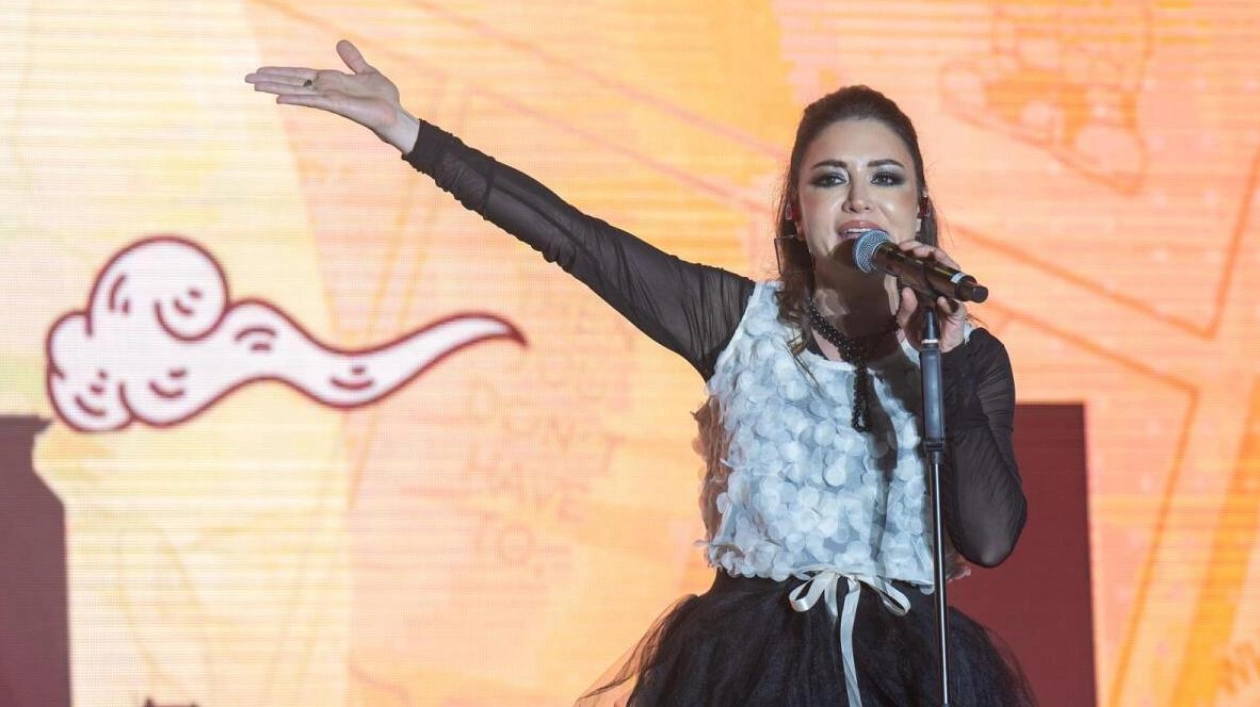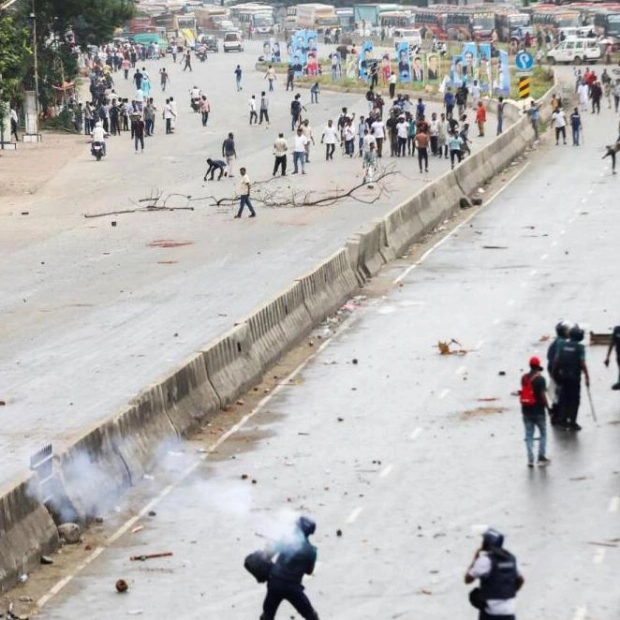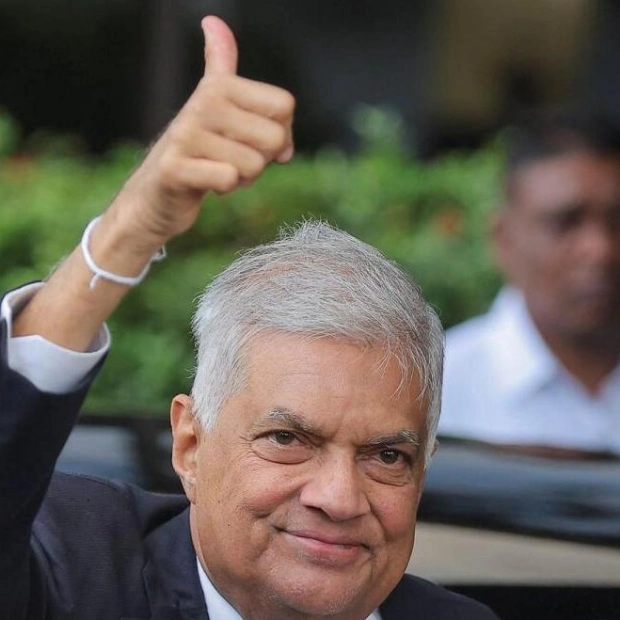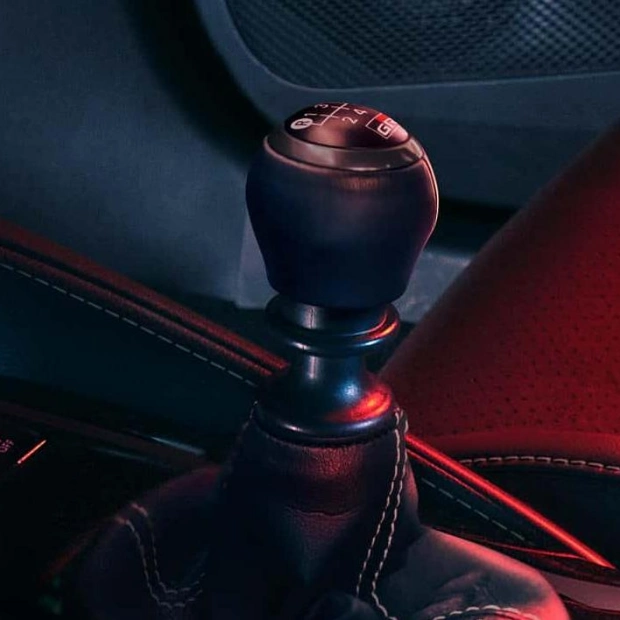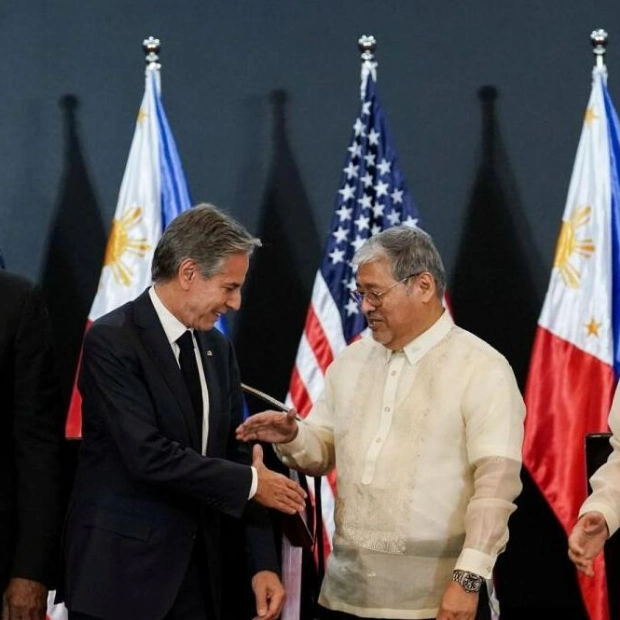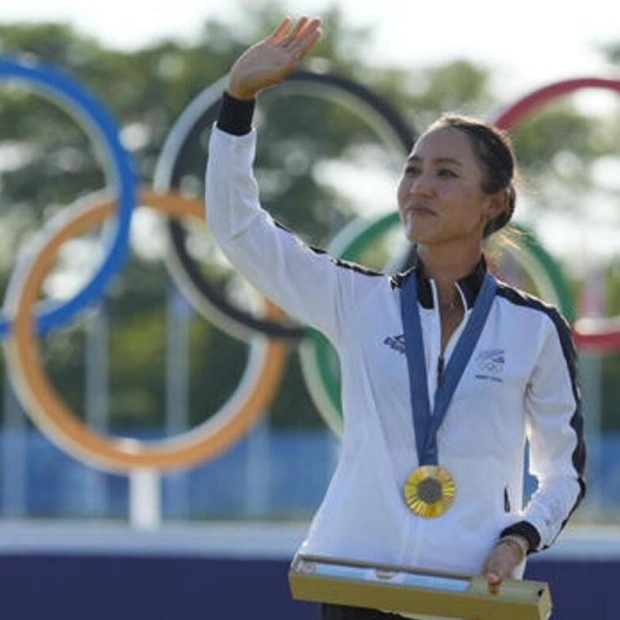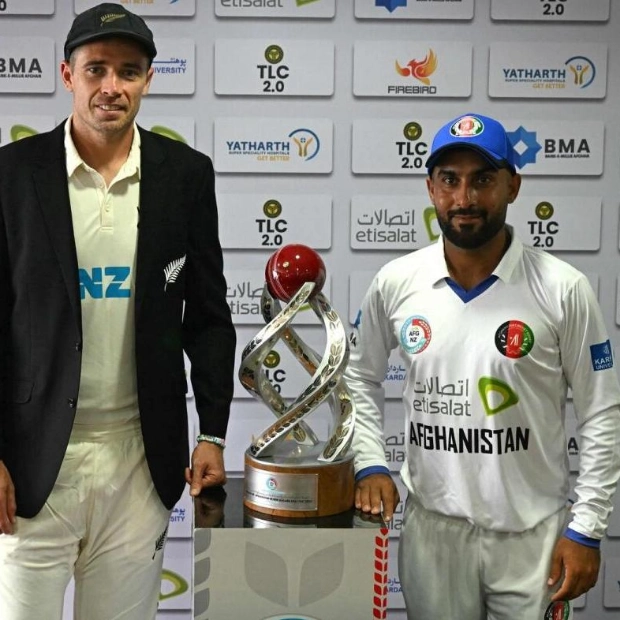Rasha Rizk, a renowned singer, took the stage at the Animenia Festival in Abu Dhabi on October 25, 2024. The event was captured in a photo by Shihab.
For any Arab child who grew up watching Arabic dubbed anime series, the instantly recognizable tunes of these productions are often associated with Rasha Rizk. The 48-year-old Syrian singer, songwriter, and voice-over artist has been lending her voice to cartoon theme songs since she was 19. Some of her most notable works include the heart-warming mothers’ song Reemi, Ana wa Akhi, and Al Qannas. Rizk also made her mark in the Arabic opera Ibn Sina in 2003, staged in Doha, Qatar. Her latest project is the Emirati-produced science fiction animation series Ajwan, considered a pioneering work in the Arab world, where she voices the main character.
In this interview, Rizk shares her journey and her hopes for the Arab youth amidst recent conflicts and turmoil.
Rasha Rizk, Singer, performs at Animenia Festival in Abu Dhabi on October 25, 2024. Photo by Shihab
What initially drew you to the cartoon industry, and how did you begin singing for it? It all started by chance. Venus Center, a company specializing in dubbing animated content into Arabic, was seeking new voices, so I auditioned. I was already a singer and a student at the Higher Institute for Music in Damascus, practicing opera singing, and eager to explore different types of music and voice acting. I found the experience enjoyable, which is crucial for developing passion. That’s how my journey began and continues to this day.
Among the numerous productions you’ve been a part of over the years, which one resonated with you the most? Mostly, the productions where I played a role, such as the Arabic adaptation of Anastasia, where I voiced Anastasia’s character and sang the soundtracks. I connected deeply with the character and the music.
Can you elaborate on the Emirati-produced cartoon Ajwan and its relevance to the Arab youth, children, and even adults? Ajwan tells a symbolic story, significant because it’s a purely Arab production, a rarity in the animation market. Written by Emirati author Noura Al Noman, whose works target the youth, it features a young woman who immigrates to another planet, experiences war, tragedy, and becomes a refugee. This resonates with many of our youth and the current global situation.
As an artist, how have decades of crises and conflict in the Arab world influenced your work? An artist must always voice the people, especially those suffering in silence. While artists can’t influence political circumstances, they can touch hearts. When I write songs, I aim to convey a message. For example, my first album, Malak, addressed issues like children of martyrs, homelessness, and expatriation. I’m also collaborating with Algerian artist Manal Gherbi on a song for Palestine.
How do you see the messaging in anime productions evolving over the years? In the 70s, 80s, and 90s, the humanitarian aspect was prominent, often featuring orphaned girls or homeless boys. Recently, there’s been more focus on action or comedy. However, the humanitarian angle remains. For instance, Abtal Al-Dijital (Digimon Adventures) highlights friendship, loyalty, and values. Comedy has always been present, from Tom and Jerry to today’s productions. The core content always emphasizes humanitarian values, adapting to the times.
How old is your daughter Sarah now? Has she shown interest in the industry? My daughter will soon be 13. She loves manga drawing and plays music—she’s a violinist and pianist but spends most of her time drawing.
What’s the significance of festivals like Animenia for the community and younger generations? Such festivals bring young people together to enjoy something they love and are passionate about. They offer entertainment, nostalgic memories, and modern activities, blending the past, present, and future in an artistic form.
What message do you have for millennials, youth, and children who grew up listening to your music? We’re going through a challenging phase, but you must stay aware of the world around you. Don’t lose hope; continue to dream and strive to make a difference, even in tough times.
Can you sing a song that reflects the current situation? Yes, I’ll sing a few lines from the animated film Al Amal (Hope in Arabic).
The lines she sang translate to: ‘Do not worry, the wounds will heal, and the darkness of the night won’t last. Listen every morning to a voice deep inside… it shook us and made us more hopeful and fearless.’ Produced by Spacetoon, an Arabic network specializing in animated content and children’s programs, Al Amal encourages resilience, hope, and unity in the face of challenges and crises. It aims to uplift viewers, showing that hope always prevails, no matter the situation.
An hour later, Rizk entertained the crowds at Animenia, singing their favorite Spacetoon songs. Fans of all ages—from adults to teenagers and even a toddler dancing on her father’s shoulders—enjoyed the performance. One fan, Haya Akkad from Syria, eagerly awaited her childhood favorite song from the cartoon Reemi, which reminded her of her late mother who passed away four years ago. “I used to sing to my mother Anti al aman (You are my sense of security) on Mothers' Day,” said Akkad. “This song always reminds me of her and makes me feel she’s still with me. I can’t wait for her to perform it; my mum is always with me, but when I listen to this song, I can sense her warmth as well,” added the 28-year-old Dubai resident.
Source link: https://www.khaleejtimes.com
